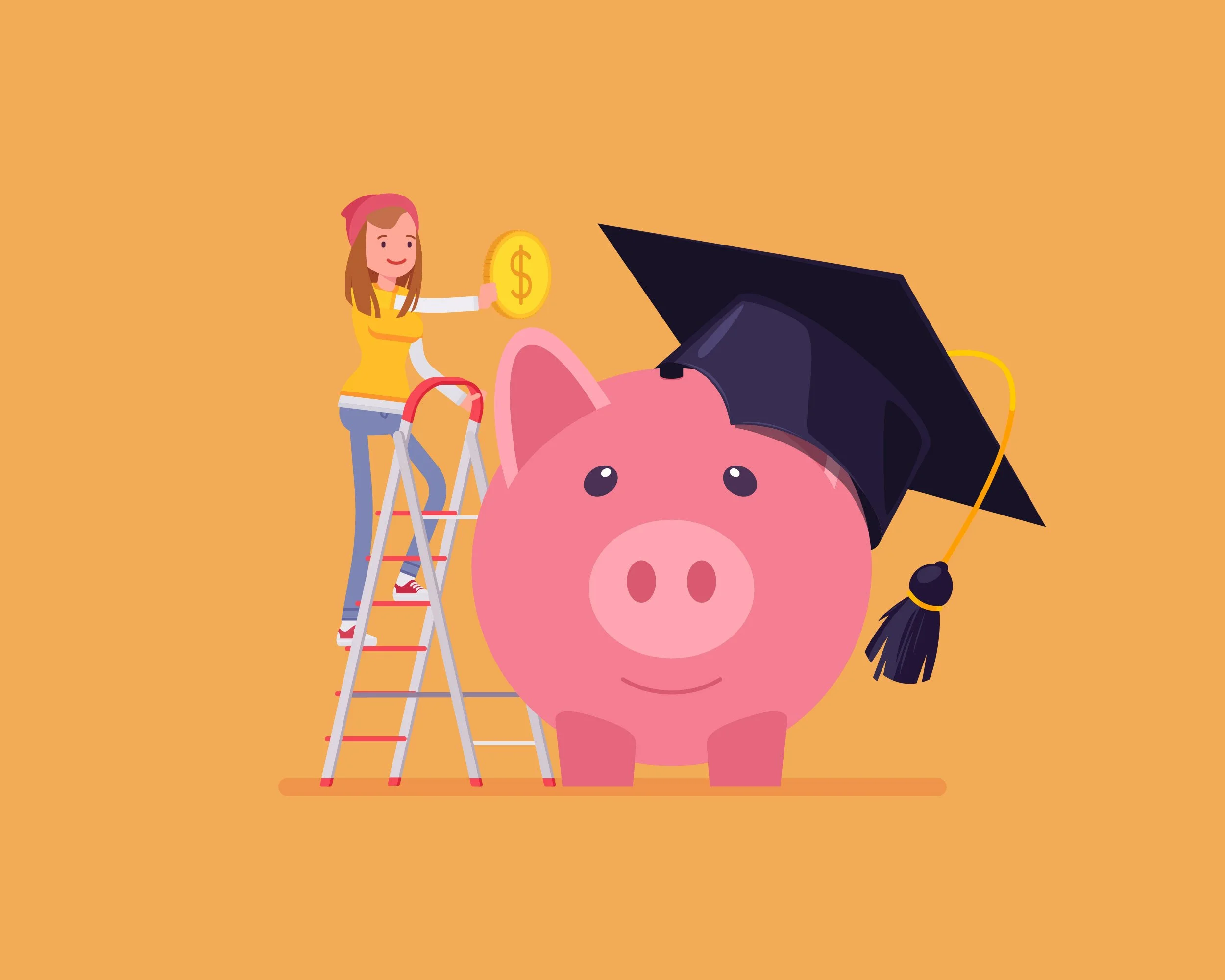Our daughter will likely attend University or Polytech in 2026. She still has to complete Year 13 in 2025, but after that, she has some decisions to make as she attempts to answer the dreaded and most commonly asked question, “What do you want to do when you finish school?” Going into further study is not a foregone conclusion, but it is certainly an option. As we spend the next year trying to help her decide what comes next, we will also take the time to help her (and us) financially prepare. She has no firm plans as to what she might do, but money comes in handy, that much I know. We want her to pay to study using cash. I’ve met too many ex-students who regret their student loans. Given we all know this cost is coming, we can save for it.
All in Kids and Money
Your emails keep me busy, and I’ve picked a few to share with you.
My inbox is cluttered with hundreds of different threads of conversations, which in turn means I struggled to find a true focus for a blog post this week. But I often think I’m receiving and sending out some real wisdom, and it's a shame it never reaches a broader audience. So, today, I’ve scrolled back through my inbox from the last week or two and pulled out a few threads from some emails I’ve received.
Investing Is Not Black and White
It’s standard for me to get at least one blunt email saying I’m wrong about a financial decision or purchase I’ve made on behalf of my whānau. Generally, the reasoning given will be based on one aspect, often a technical math issue, ignoring all the other points I mentioned. I used to panic that they might be right and that I might have this money stuff entirely and utterly wrong. But I no longer do. Instead, I take their comments with a grain of salt and consider that it’s probably them who are wrong. Although it takes time, often I’ll research their argument and find that they are.
You should pay off your student loan, and here’s why.
I want to explain why you will often hear me encouraging people to avoid taking out student loans or pay them off as fast as possible if they have them. My suggestion is more controversial than I realised, and I’m often taken to task for my view, particularly by more mathematically minded people. Over almost eight years of talking with people from all walks of life about money, I have found that student loans keep coming up in conversations with former students. The simple reason is that what is considered a relatively innocuous decision to take on interest-free student debt has far wider-ranging implications than those borrowers ever realised at the outset. I kōrero with many people, and the word that keeps coming up regarding student loans is simple: REGRET. The reason they now have regret is that the debt had impacts on their life that they never foresaw.
Setting Kids Up for a Strong Financial Future
This week I wanted to write about how I teach my daughter about money. And I want to give the grown-ups a wake-up call because you have the biggest influence on younger people, but you might need to take your role more seriously. If some of us had to do an NCEA course in personal finances, we would get a ‘not achieved’ grade. This means it’s hardly surprising that we don’t have the knowledge about money to hand down to those younger people in our lives, meaning that some of them go on to make a right hash of their pūtea.
Book Review: Barefoot Kids
This week, I’ve employed two exceptional 15-year-old women to help me review the new Scott Pape book Barefoot Kids, Your Epic Money Adventure. When I asked if they actually enjoyed reading the book or only did it because I paid them, Ivy said that she thought it would be a boring chore. But then she began to enjoy it because the more she read, the more inspired to start her own business she became. Nina loved reading it because she is interested in books and websites that teach kids about money. But, sure, she said, the $30 was a fab bonus too! In this book review, I bring together all our different thoughts, and you get to decide whether it is worth buying for the kids in your life.
KiwiSaver for kids? YES, please!
I believe it is essential that we don’t just teach our tamariki to ‘save’, but we teach them to become ‘investors’ as well. That’s where the money is to be made over time. Since taking part in the Sharesies Kids and Investing webinar, one conversation thread has stayed with me. It was about whether it is worth signing your tamariki up to KiwiSaver or not. I am firmly in the YES camp.
How to Pay Cash for Tertiary Education
This blog post results from a brief yet alarming conversation I had with a 15-year-old who has three years remaining at school before they planned to head off to university. In answer to my question, “how are you going to pay for it,” they quickly replied, “with student loans, because they are interest-free”. It was not my place to comment at the time (although in my head I was screaming to say something), but given I write a blog, I’ve created a space where I can give their response some thought. So, I will.
My 13-year-old has an $800 phone
The title of this blog post will have invoked a response in you or either: What an entitled brat! OR How did she afford that? Stick around for the breakdown though and you might just learn something that you can use in your own parenting journey. Or not, you decide. But I’m pretty sure your teenager won’t want you to read this post!









